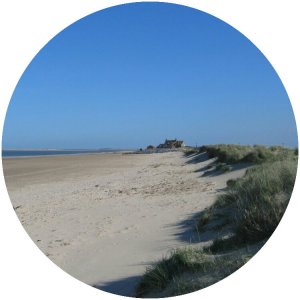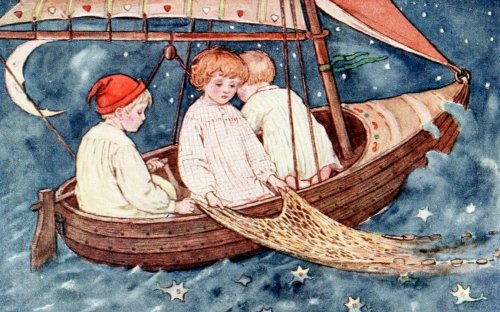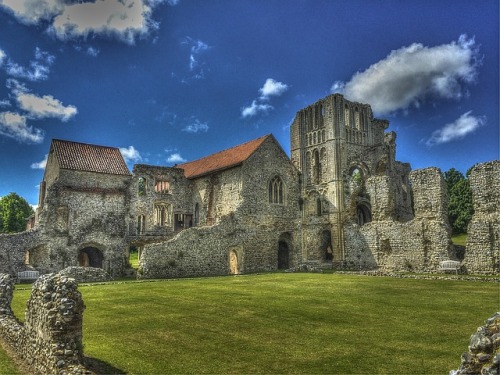my sunday poem … # 11
Drummer

My poem this week was inspired in part by a true story I came across recently.
In Napoleonic times when the prison ships used to be docked at Plymouth it was general practice to march the French prisoners of war across Dartmoor to Princetown. All of these prison details were accompanied by a military escort for obvious reasons. The journey was long and arduous but was made even harder in the winter as sudden snowstorms would often blow across the moor, catching the soldiers and prisoners in the open.
One such party were caught when a storm struck. Within minutes the snow blanketed the moor and the white-out brought the visibility down to a few feet. The party knew they were somewhere near to what was then the small village of Princetown and its formidable prison but exactly where it was impossible to say. By now the prisoners in their flimsy clothes were beginning to freeze and so the soldiers led them to the shelter of a small gully which afforded some shelter from the winter onslaught. It soon become clear that this was no passing storm and the blizzard had well and truly set in. So those soldiers on horseback were sent to try and find the prison and return with a rescue party. In order for any rescue party to find the stranded travellers, a little drummer boy was told to remain in the gully and to keep drumming a tattoo so the sound of the drum would lead the rescuers back to the refuge.
As night approached the French prisoners and the few remaining guards began to despair, the relentless snows swirled around the gully but the brave little drummer boy continued to beat out his call for rescue.
It soon became obvious that for whatever reason the rescue party was not going to come in time, two prisoners had already frozen to death and the rest were near to exhaustion. The remaining soldiers decided that as the prisoners were in such a weak condition they were not going to try to escape which meant they too could try to reach Princetown and summon help. Once again the little drummer boy was ordered to remain with the Frenchmen and continue beating out his call. By now his little fingers were blue with cold but bravely he continued with his rhythmic drumming. The last thing the soldiers heard as the curtain of snow swallowed them up was the steady rat-a-tat-tat of the brave drummer’s drum beats.
When the snow storm eventually abated the rescue party was finally dispatched from the prison to find the young boy and his French charges. Eventually the gully was found and the rescuers was faced with the pitiful sight of a huddled bunch of frozen French corpses, just to one side was the pathetic remains of the brave little drummer boy, his body stiff and icy. The poor lad still held his drumsticks in his tiny , ice-blue hands as if he had bravely drummed right up to the final seconds of life – above and beyond the normal call of duty.
Drummer

His face and fingers numb with cold
Drummer trudges from the town
Lost in the stars and the drifting snow
Fears and fancies all around
Ill chance found Drummer thus that night
A friendless homeless orphan child
Alone and driven in his plight
To seek the comfort of the wild
Though fresh and young as early spring
There is an inner wintering
A wisdom born of suffering
That only need and hardship bring
And through the thickly falling snow
He marked each weary pace
Until at last all effort spent
He tumbled into empty space
When he awoke or seeming so
For truth would cry he was asleep
Before him lay on every side
A forest strangely dark and deep
The moon shone silver through the trees
And diamond-decked the even snow
As if the stars had fallen down
To glisten on the earth below
Through the crisp and silent air
He saw a steady flame
And heard a soft and gentle voice
That called him by his name
Drummer have you come this far
To huddle in the snow
Drummer come and walk with me
Safe in my lantern’s glow
I am the shepherd of all men
Come down this winter’s night
So stay you close beside me
For I am the Lord of Light
And in his dream the shepherd knelt
To lift him from the snow
And Drummer saw his kindly face
Shine in the lantern’s glow
Over fields of mantled white
And streams of standing silver bright
The Angel and the orphan
Winged their way into the night














